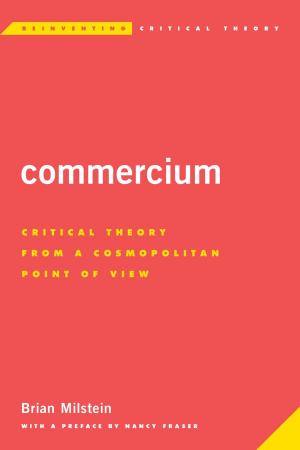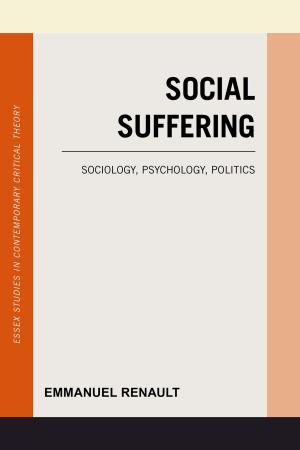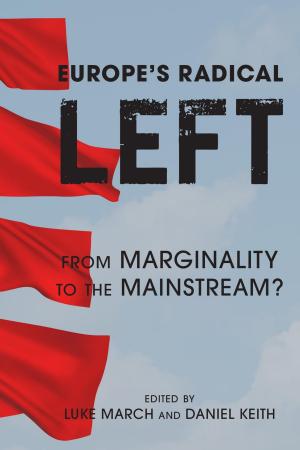The Pregnancy [does-not-equal] Childbearing Project
A Phenomenology of Miscarriage
Nonfiction, Religion & Spirituality, Philosophy, Phenomenology, Social & Cultural Studies, Social Science, Gender Studies, Feminism & Feminist Theory| Author: | Jennifer Scuro | ISBN: | 9781786602947 |
| Publisher: | Rowman & Littlefield International | Publication: | February 1, 2017 |
| Imprint: | Rowman & Littlefield International | Language: | English |
| Author: | Jennifer Scuro |
| ISBN: | 9781786602947 |
| Publisher: | Rowman & Littlefield International |
| Publication: | February 1, 2017 |
| Imprint: | Rowman & Littlefield International |
| Language: | English |
What does pregnancy mean when it does not lead to the birth of a child? Through personal experience via graphic novel and with a corresponding philosophical analysis, The Pregnancy ≠ Childbearing Project narrates and assesses the alternative values possible in miscarriage, a.k.a., the failed pregnancy. Having shared in both experiences – miscarriage and childbirth – solidarity among women must be possible. All pregnancies lead to a kind of ‘emptying out’ – a loss – whether wanted or unwanted, with or without a child.
Often, after miscarriage, people say, ‘just try again.’ What then for the work of grief? How do you get over what you cannot get over? The kind of loss in the experience of miscarriage is not socially or culturally recognized as a kind of death. The Pregnancy ≠ Childbearing Project seeks solidarity among women who have known pregnancy independent of the politics and rhetoric of pro-life discourse, and in doing so, holds the pro-life agenda accountable for the silencing of women, arguing that alienates them from each other and their own experiences.
What does pregnancy mean when it does not lead to the birth of a child? Through personal experience via graphic novel and with a corresponding philosophical analysis, The Pregnancy ≠ Childbearing Project narrates and assesses the alternative values possible in miscarriage, a.k.a., the failed pregnancy. Having shared in both experiences – miscarriage and childbirth – solidarity among women must be possible. All pregnancies lead to a kind of ‘emptying out’ – a loss – whether wanted or unwanted, with or without a child.
Often, after miscarriage, people say, ‘just try again.’ What then for the work of grief? How do you get over what you cannot get over? The kind of loss in the experience of miscarriage is not socially or culturally recognized as a kind of death. The Pregnancy ≠ Childbearing Project seeks solidarity among women who have known pregnancy independent of the politics and rhetoric of pro-life discourse, and in doing so, holds the pro-life agenda accountable for the silencing of women, arguing that alienates them from each other and their own experiences.
![Cover of the book The Pregnancy [does-not-equal] Childbearing Project by Jennifer Scuro, Rowman & Littlefield International](https://www.kuoky.com/images/2017/february/500x500/9781786602947-Vsz6_500x.jpg)














